T4K3.news
Daily cannabis use linked to higher schizophrenia risk
New CMAJ findings connect daily use with higher schizophrenia risk amid rising THC potency, highlighting public health implications.
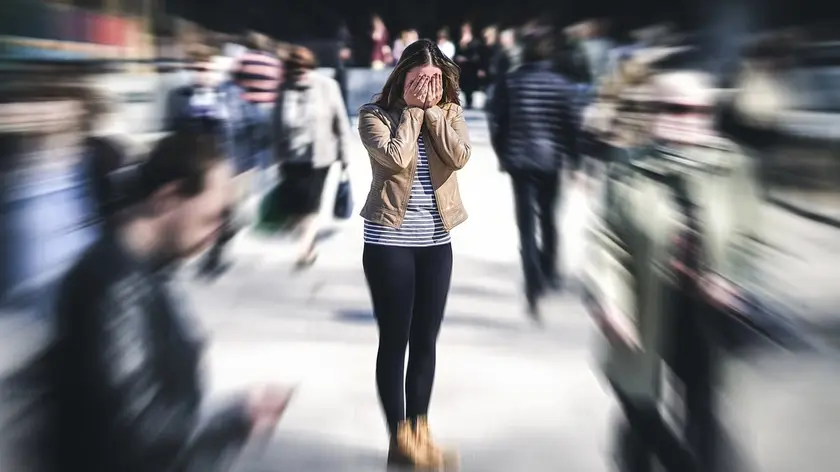
A CMAJ report links daily cannabis use to elevated odds of schizophrenia, noting rising potency and public health considerations.
Daily cannabis use linked to higher schizophrenia risk among millions
A CMAJ report pools results from five studies in Canada, including data from Ontario involving 9.8 million people. Regular cannabis users hospitalized for THC exposure were 14 times more likely to develop schizophrenia within three years. The report traces a rise in product potency from about 4 percent two decades ago to around 20 percent today.
The analysis also shows that cannabis induced psychosis carries an even higher risk, with a 241 fold increase among those treated in hospital for such episodes. About 0.47 percent of cannabis users experience psychotic symptoms, and up to 76 percent of these cases require emergency care. While schizophrenia itself is not fatal, its symptoms can lead to life threatening situations and raise the chance of suicide in people with preexisting mental health issues. The paper notes the United States context remains complex because federal law contrasts with state level legalization and medical use patterns.
Experts stress that findings should be read with caution due to possible confounding factors and varying mental health histories. The report also underscores the impact of rising potency and the ways people use cannabis, including edibles and vapes, on risk perceptions and health outcomes.
Key Takeaways
"Cannabis from the 2000s is not the same as in 2025."
Dr Nicholas Fabiano on potency changes over time
"We need clear safety guidelines not headlines."
Health expert editorial response
"Daily cannabis use tests the line between medicine and habit."
Mental health professional perspective
"Policy choices will shape access and risk for communities."
Policymaker viewpoint
The CMAJ findings raise important questions about causality. A correlation between high potency cannabis and psychosis does not prove a direct cause; lifestyle, genetics, and prior mental health conditions could influence results.
Policy makers face a challenge: how to warn the public without fueling stigma or fear. Clear labeling, potency limits, and accessible treatment options could help, but partisan politics and budget pressures complicate action.
Highlights
- Potency changes the risk profile in real time
- Safety guidelines beat headlines any day
- Daily use tests the line between medicine and habit
- Public health needs guidance grounded in data
Political and public reaction risk around cannabis policy
The findings touch on policy shifts from scheduling to public messaging. Higher potency and potential mental health risks could trigger political backlash and public scrutiny, making careful communication essential.
Policy choices will shape access and risk for communities.
Enjoyed this? Let your friends know!
Related News

Frequent marijuana use linked to increased cancer risk

Cannabis and kratom linked to extreme self mutilation

Study finds casual drinking increases unwanted pregnancies
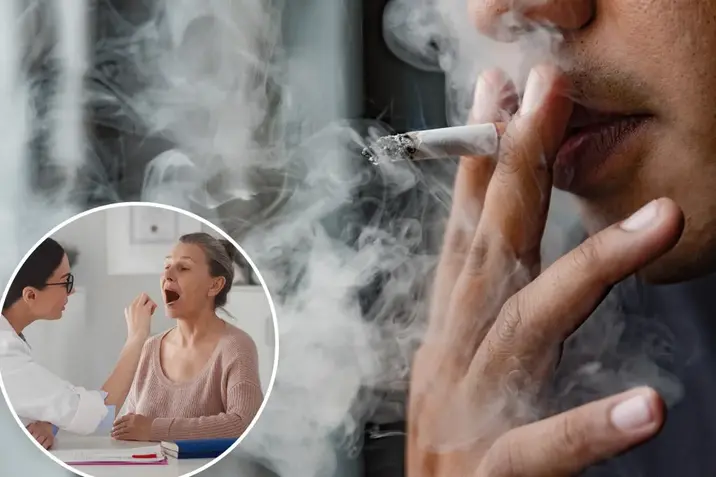
New study reveals increased oral cancer risk for cannabis and cigarette users
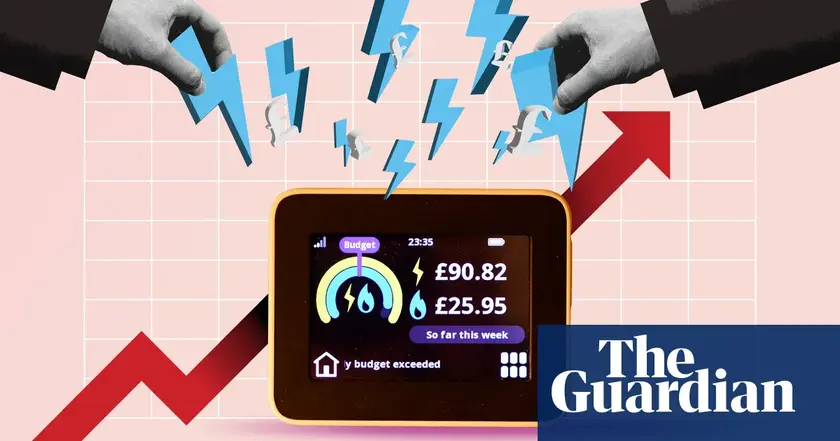
Britain cracks down on energy theft linked to crime
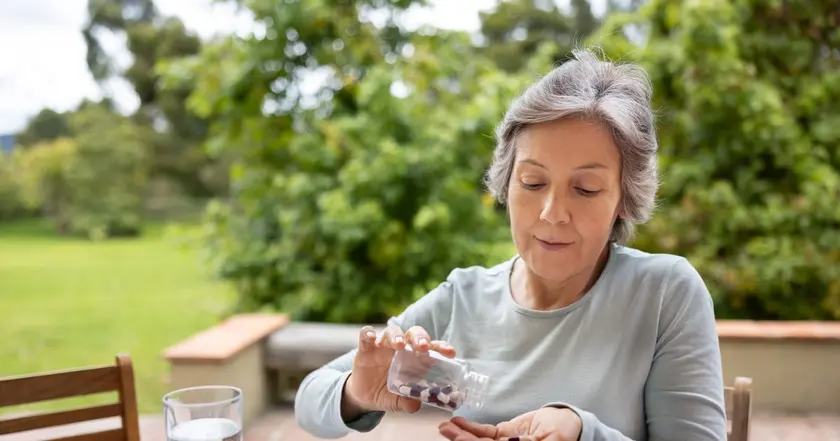
Pregabalin linked to higher heart failure risk in seniors
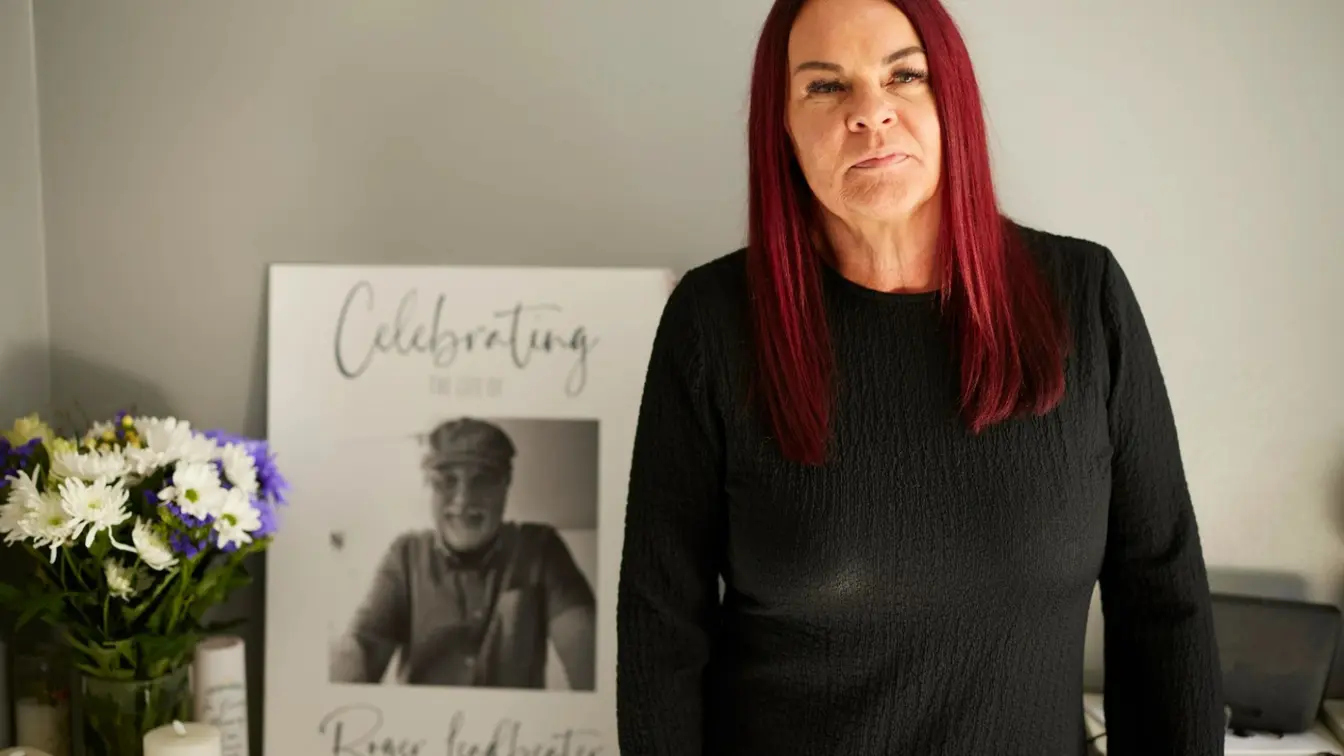
Murder linked to cannabis highlights safety concerns
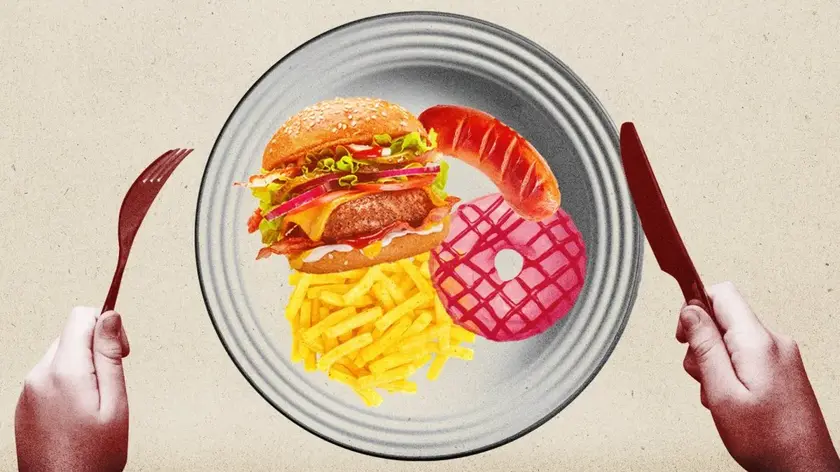
UPFs linked to higher cancer and heart disease risk
